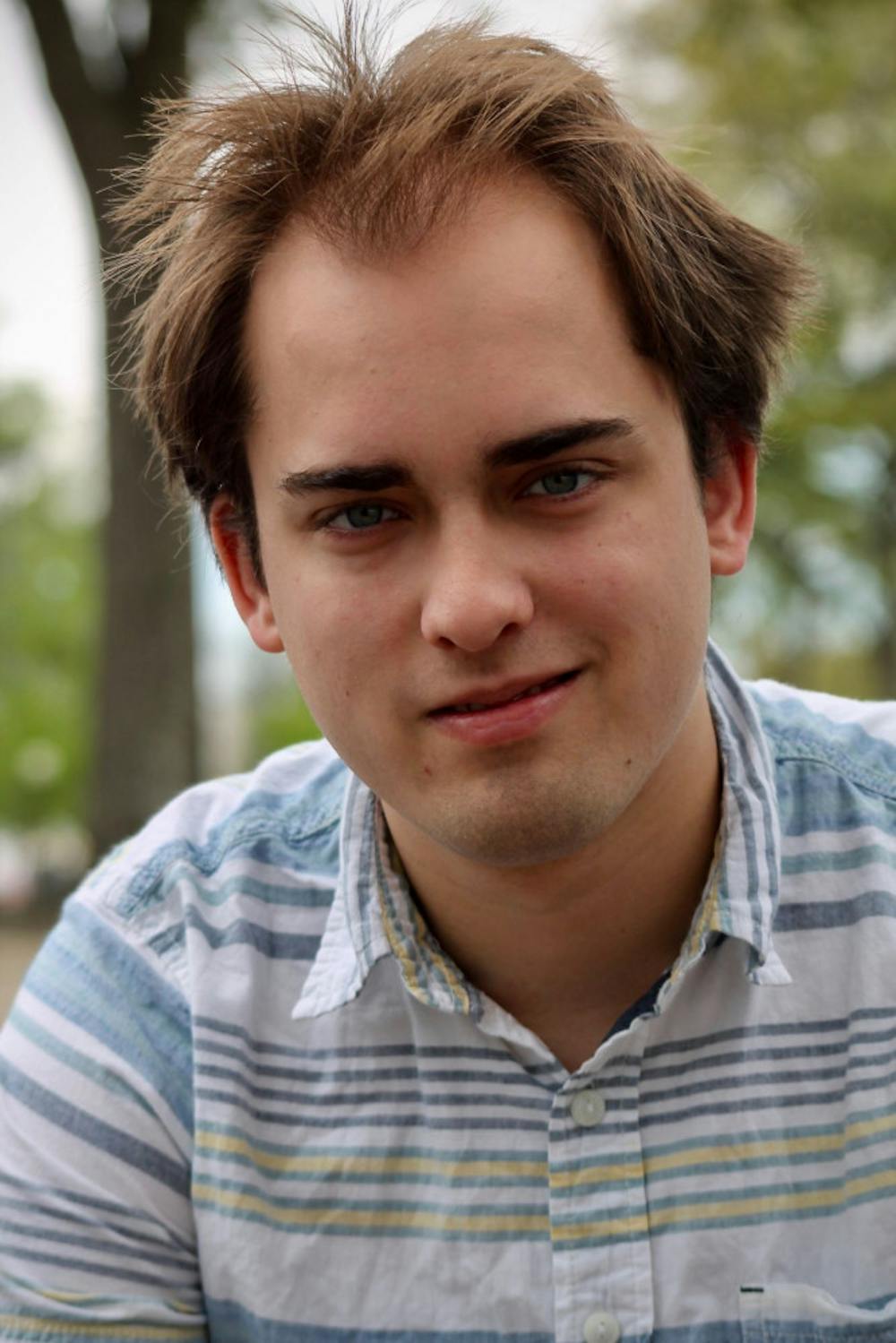When people think about free speech on campus, they most often refer to universities that have the most liberal populations, like the University of California at Berkeley. The conservatives argue these places hinder free speech, but I would like to remind the public the problem isn’t speech itself. It’s how it is spoken.
For example, when a conservative speaker arrives at a campus to speak about their opinions at a particularly liberal college, significant amounts of protesters arrive to show they disagree with the speaker, and the university ends up caught in the middle. When enough crowds arrive who are polarized against the other half of the crowd, often a university will cancel the speaking event to prevent any violence.
The speaker then accuses the university of censorship and propagating a singular narrative where intellectual diversity rots. In recent years, some free speech activists have capitalized on this state of affairs, like Milo Yiannopoulos. He has built his name on being offensive and against political correctness, which draws huge crowds of spectators and protestors whenever he does an event. He will schedule it somewhere where he knows he will be outnumbered, and finally, in the inevitable host university cancels his speech, he uses it to perpetuate the idea of a “radical left” afraid to hear contrary views.
Closer to home, the University of Memphis has an annual visit from a member of a more radical sect of religious fundamentalists. He stands outside the University Center and taunts students with racist, homophobic and dangerously authoritarian views and successfully riles a crowd up to shout him down. Eventually the taunts stop, a camera appears and he documents all he needs from a crowd now intent to see him chased off campus. Using this footage of angrily shouting students, he creates his own narrative where universities are teaching youth to be intolerant and violent.
Universities, caught in the middle of this back-and-forth, usually provide controversial speakers with a security detail and let the relatively controlled chaos ensue. They can’t do much else. Universities are supposed to be bastions of free speech and intellectual freedom, so the solution here is empathy.
We can’t shout at people we disagree with in the name of tolerance. We shouldn’t be going to places we know will hate us in order to stoke the fires of outrage, and we definitely shouldn’t be doing it to fuel a propaganda machine.
The longer we continue our current behavior, the more we characterize ourselves as a population unable to listen. Milo Yiannopoulos has power because we give it to him – his ability to remain calm in the face of thousands of contrary voices allows him to look like the reasonable speaker, no matter how provocative his views are.
So take a page from Milo. Speak calmly, clearly and concisely. Remember: we are a democracy, and you have every right to speak as much as anyone else. So don’t squander that right by using it aggressively to shout down others and provoke them. Instead, apply it to build our country up to address problems and present solutions. Lastly, make sure to exercise your ability to ensure and strengthen our nation’s commitment to democracy.
Ian McCord is double majoring in business economics and finance at the University of Memphis. He grew up in and around Memphis and is the Vice President of the U of M College Democrats. He believes a fully functioning democracy has an energetic population capable of critiquing the every move of those in power.
Ian McCord




